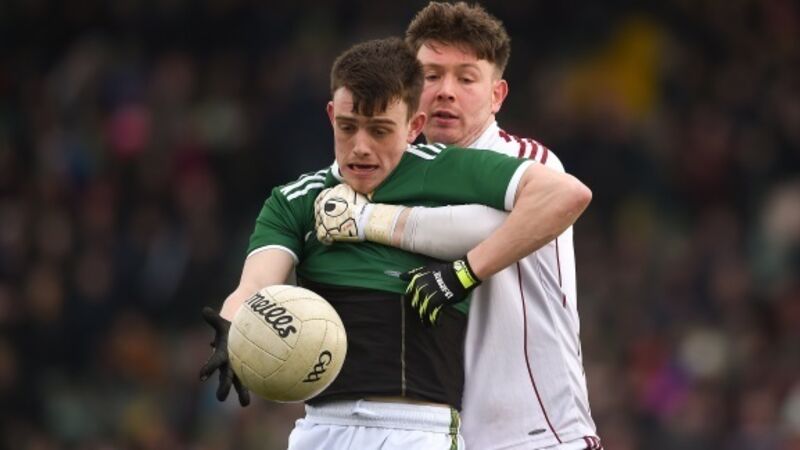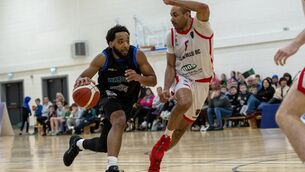Difficult not to be negative about football

“If I have one wish for us all it is that we be positive about our Association and its future because there is nothing to be gained from engaging in the death-by-a-thousand-cuts negative analysis, which some favour.” Horan’s stance is understandable but also aspirational.
To be negative, particularly about Gaelic football as much as it has been producing ample scores of late, is to be realistic. Some of the weekend developments demonstrated that:















